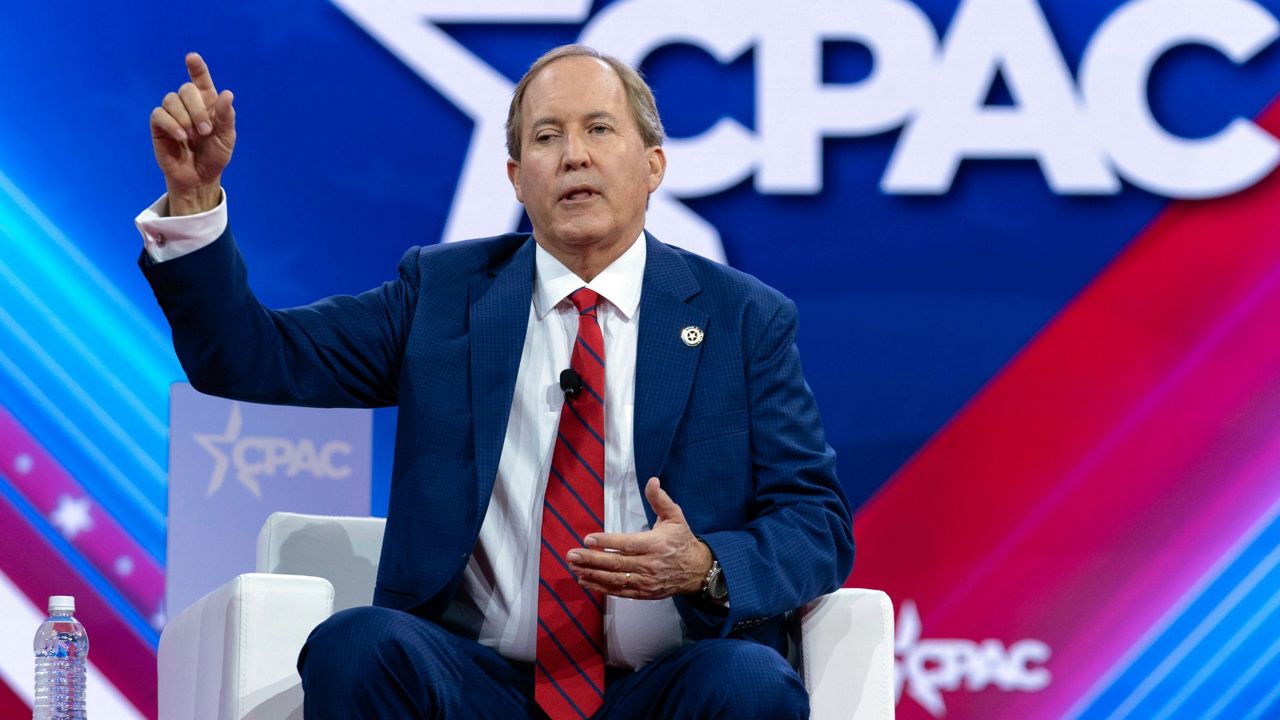TEXAS — Abortion providers in Texas are asking the Supreme Court to prevent enforcement of a state law that would allow private citizens to sue anyone for helping a woman get an abortion after about six weeks of pregnancy.
The request to the court comes after a panel of appellate judges refused to block enforcement of the law before it takes effect on Wednesday.
If it goes into effect, the law would rule out 85% of abortions in Texas and force many clinics to close, the providers and abortion rights advocates supporting them said in an emergency filing with the high court on Monday.
PREVIOUS: Texas law banning most abortions to go into effect Wednesday
The Texas law, signed by Gov. Greg Abbott in May, would ban abortion in the nation’s second-biggest state after a fetal heartbeat is detected, which can be as early as six weeks of pregnancy and is before many women even know they are pregnant.
It asks private citizens to enforce the ban by suing doctors or anyone who helps a woman get an abortion. Among other situations, that would include anyone who drives a woman to a clinic to get an abortion. Under the law, anyone who successfully sues another person would be entitled to at least $10,000.
“This law is extreme, both in terms of the number of people who will be impacted if it goes into effect, and then also by opening the floodgates in our courthouses to these frivolous and very damaging lawsuits that people can file, even when they're not directly impacted in any way by what somebody's decision is to seek an abortion," said said Sarah Wheat, spokesperson for Planned Parenthood of Greater Texas.
“Texas is leading the nation in this regard and we're gonna have to see how the federal and state courts handle it. We're not sure if it's going to work but I will say it's - we're hopeful that many babies' lives will be protected," said Joe Pojman, executive director of Texas Alliance for Life.
Anti-abortion advocates say getting the legislation to Gov. Abbott's desk was a major victory.
“This is the strongest pro-life bill that Texas has ever passed," said John Seago, legislative director of Texas Right to Life.
Meanwhile, abortion rights activists say they are running out of time to fight it.
“This really is an emergency request, because otherwise, you know, in less than 48 hours, we would lose abortion access in Texas," said Rosann Mariappuram, executive director of Jane’s Due Process. “Most people don't even know they're pregnant at six weeks, so it really is a full abortion ban.”
“Whether the woman knows she's pregnant or not, the reality is there's an unborn child and that child is a person, a baby, and it's worthy of protection from the state of Texas, in our view," Pojman said.
Opponents of the bill are concerned it’ll have an especially harmful impact on women with fewer resources, or from marginalized backgrounds.
“Approximately 85% of the people in Texas who seek abortions would be turned away and would be forced to travel out of state if this law takes effect on Wednesday," Wheat said.
The law squarely conflicts with nearly 50 years of Supreme Court decisions in favor of abortion rights dating back to the Roe v. Wade decision in 1973, the providers argued in their high court filing.
Those rulings generally prohibit states from regulating abortions before the fetus can survive outside the womb, typically around 24 weeks of pregnancy. The justices are scheduled to hear a major abortion case in their upcoming term that could cut back on or even overturn the Roe decision. But a decision in a case over Mississippi’s 15-week abortion ban is not expected before the late spring.
As the deadline approaches, opponents of the law say the stakes are high.
“Nothing like this has ever gone into effect," said Amy Hagstrom Miller, president and CEO of Whole Woman's Health. "Access to safe abortion is a common normal part of people's reproductive health care, and it is unconstitutional to ban abortion before viability. So we're hoping the Supreme Court steps in and give some relief to the people in Texas.”
Abortion providers in Texas have said they will continue to provide care and counsel to patients and perform abortions within the parameters of the law.











